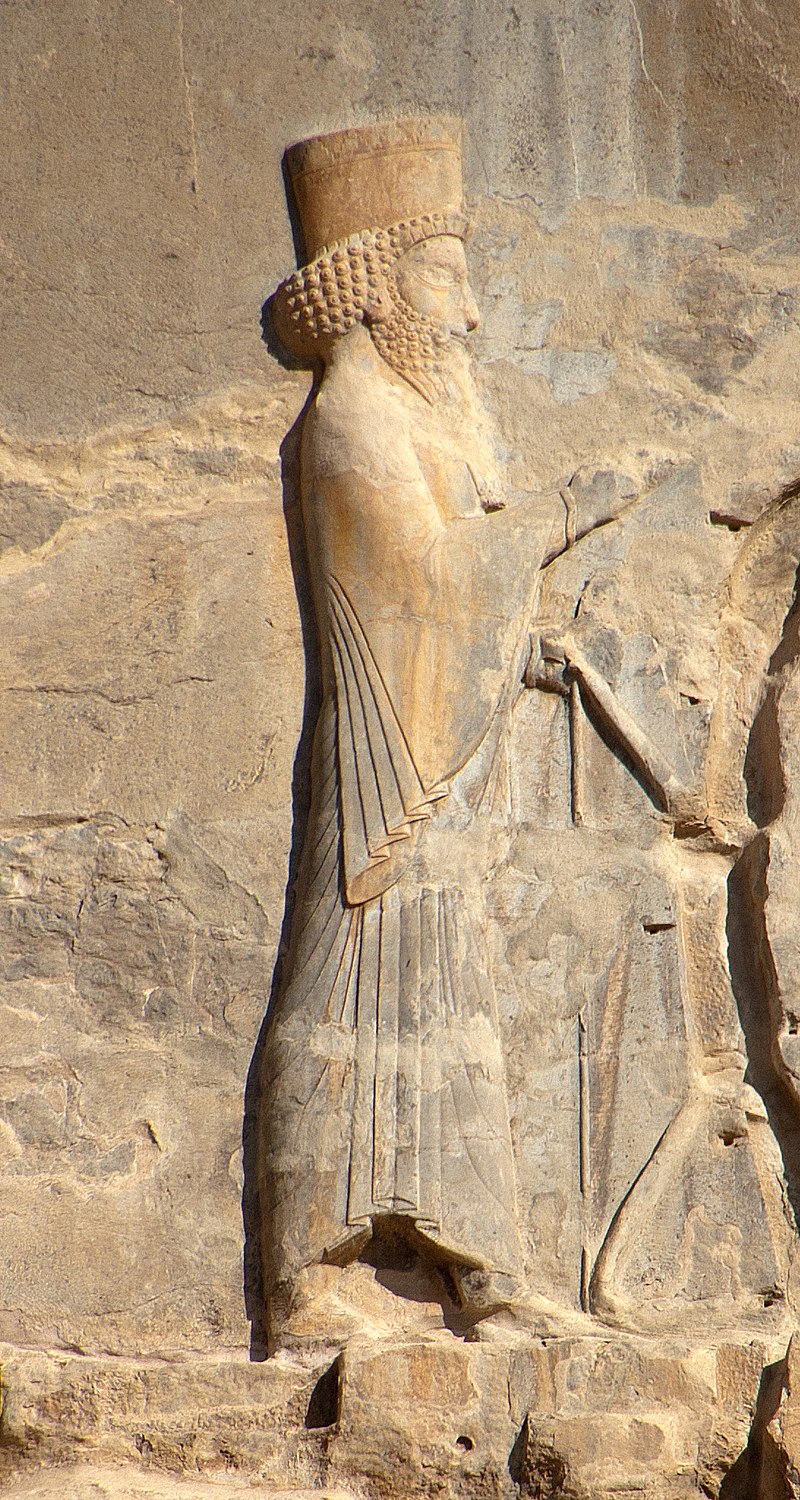crisis
10 Lessons That Inspired Alexander The Great, Part 4
March 2024

crisis
10 Lessons That Inspired Alexander The Great, Part 4
March 2024
Alexander The Great set into motion the events that would create the modern world. He studied and was inspired by Xenophon, a student-of-Socrates turned mercenary. Xenophon’s lessons on crisis leadership are timeless. In this series, we recount his epic, true story of war in the Anabasis and update this ancient wisdom to support you and your business the next time crisis hits.
STORY RECAP: Cyrus the Younger hires Greek mercenaries, The Ten Thousand, to kill his brother Artaxerxes II and seize the throne of the Persian Empire. Cyrus lies to The Ten Thousand about the purpose of their mission, excusing it as a law-keeping exercise against barbarians. When The Ten Thousand grow suspicious of the mission, they rebel. Their general Clearchus convinces them to trust Cyrus and continue with the mission. The Greeks are embroiled with in-fighting when Cyrus negotiates a shaky truce.
--
Many leaders climb the corporate ladder, laser focused on becoming an executive.
They obsess and spend years doing everything they can do achieve the goal.
The moment the promotion comes in:
This is a pyrrhic victory – a victory that inflicts so much damage on the victor that it ends up being a defeat in the long-term.
Think about a company that is hellishly trying to make their quarterly numbers. But in the process, they:
Losing the forest for the trees is costly. Chasing the shiny object is costly.
--
Even as Cyrus’ army approached Babylon, he advanced with little caution. He traveled with only a small consignment of soldiers around him. The Greeks marched in “no kind of order” and unarmed.
Suddenly a messenger comes galloping at full speed on his horse, “which was bathed in sweat, and to every one he met he shouted in Greek and Persian, as fast as he could ejaculate the words:”
"The king is advancing with a large army ready for battle."
The Greeks in a panic run about to grab their weapons and prepare to be attacked. Xenophon describes the scene as “wild confusion”. Cyrus jumps onto his horse and prepares the men for battle.
Artaxerxes appears on the horizon and the two armies meet to do battle.
The Greeks not only hold their own but they start to drive the Persians back! They start to win the battle!
At this moment, Cyrus becomes afraid that Artaxerxes will flee. Collecting what soldiers he can around him, he desperately charges after his older brother. In the chaos that ensues, his troops are scattered.

Xenophon writes:
“Unable longer to contain himself, with a cry, "I see the man," he rushed at him.”
Cyrus reaches Artaxerxes and strikes at his chest. As he does, one of Artaxerxes men stabs Cyrus under the eye. Artaxerxes survives the attack and rides off. Cyrus does not.
“So died Cyrus.”
--
Cyrus makes a series of poor decisions.
Despite being near his brother in Babylon, he takes a relaxed, laissez-faire approach to his coup. He does not keep his troops ready nor proactive to engage in battle.
Even worse, he needlessly sacrifices his life during a battle that he was winning.
Cyrus, overcome with fear, allowed his scarcity to rule him. He thought: if he didn’t take the throne now, there would never be another chance. This scarcity mindset created an intense tunnel vision.
He only had one goal, and this was the shortest route to get there.
We’ve heard “lose the battle but win the war”. We’ve probably not heard “win the battle but lose the war”. But Cyrus’ “shiny object syndrome” took over at the worst possible time.
We see leaders operate on tunnel vision constantly. Go, go, go. Activity, activity, activity. Seeing the big picture, reflection, healthy emotional detachment… these are virtues not practiced in today’s corporate world.
We are sad to say that on this topic, we feel that most leaders today would act just the same as Cyrus. “Shiny objective syndrome”, FOMO…
Unable to regulate one’s desires, unable to allow the whole to be more important than selfish gratification.
This is how you lose wars. This is how you wreck businesses.
Patience.
Patience, poise, grace…
These are the virtues that can lead us to success.
What will it take to start living them?

